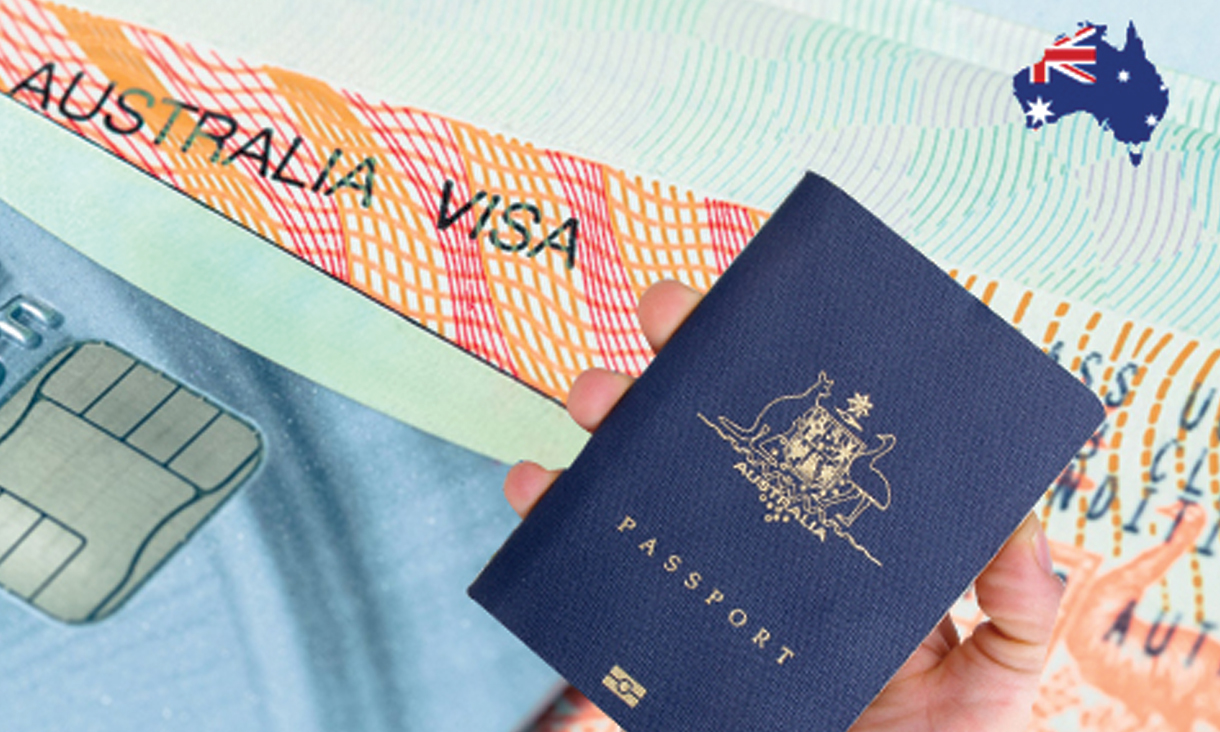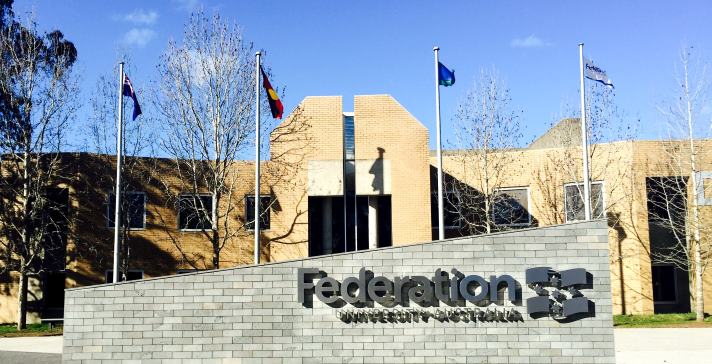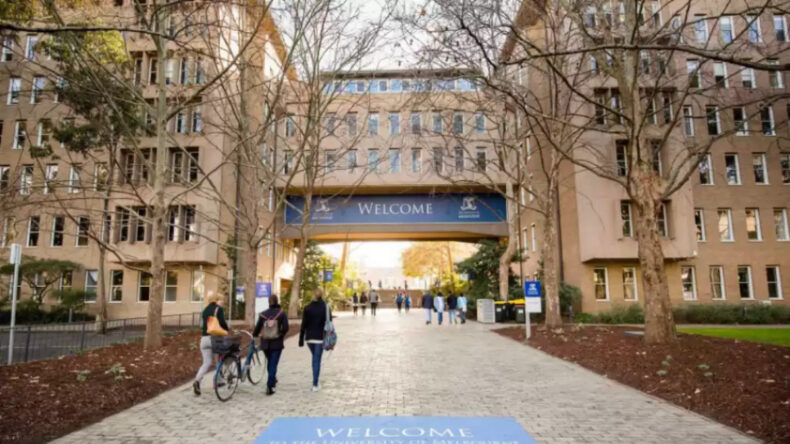With a gradual increase in fraudulent visa applications from Indian students belonging to a certain number of states, two other Australian universities have prohibited the education agents to recruit Indian students from these which registered the maximum number of such cases.
Days after Prime Minister Narendra Modi received a cordial welcome from his Australian counterpart in Sydney, two other Australian varsities, Federation University in Victoria and Western Sydney University in New South Wales have been prompted to prohibit recruiting students from the Indian states of Punjab, Haryana, Uttar Pradesh, Uttarakhand and the Union Territory of Jammu and Kashmir. This has been done to curb the rising number of fraudulent visa applications which the universities have noted to have been rejected by the Department of Home Affairs.
Several prominent Australian universities such as Victoria University, Edith Cowan University, Torrens University and Southern Cross University imposed a restriction last month on students belonging to a certain number of Indian states in response to an alarming rise in fraudulent visa applications seeking to work and not study in the country.
Relationship based on mutual trust and respect: Modi
Only recently the Indian PM had expressed his heartfelt gratitude to the Indian diaspora community living in Australia for sharing cordial relationships of mutual trust and mutual understanding with Australians and serving as a cultural bridge connecting the two nations by heart.
He also spoke about more Australian and Indian students living in each other’s countries and bringing those experiences and memories home. The two nations also mutually signed a migration and mobility collaboration agreement yesterday to significantly boost student exchanges including graduate and researcher as well as commercial exchanges.

The Federation Universities’ letter given to education agents stated that ‘we had earlier expected that this case of increasing fraudulent applications would prove to be a short-term issue but it is now apparent that there is a trend emerging’.
Measures to lower attrition rate
Earlier this month, Western Sydney University had conveyed to its agents that ‘A large proportion of Indian students who had commenced their studies in 2022 intake have not remained enrolled thereby resulting in a significantly higher attrition rate, particularly from the Indian states of Gujarat, Punjab and Haryana’.
The university, in its official statement, has effectively and immediately decided to pause recruitment of students from these regions considering the urgency of the situation, and has also conveyed that recruitment from all other regions of India would continue to be as usual. The Western University on the other hand has officially stated that the ban would remain effective for at least two months i.e., May and June 2024.
The universities will also ensure to employ additional measures to curb more applications from non-genuine students, which include, changes in the applicative screening process, stricter admission conditions, and increases to the commencement fees.
According to a study by the Department of Home Affairs, ‘one in every four Indian applicants are now declared fraudulent or non-genuine.

Latest reports mention that Australia will set the record for enrolling the most Indian students ever, exceeding the previous 2019 figure of 75,000 students, while the rejection rate for Indian applicants is 24.3% which is the highest percentage since 2012.
Given the high number of student applications that do not remain enrolled after the commencement of the programs, indicating that the students while declaring to study, instead find ways to seek better prospects in work, it is only natural for Australian universities to impose a ban on such fraudulent activities. It should also be the responsibility of the Indian government to ensure that illegal and fraudulent applications to foreign universities do not rise to a significant proportion, which has the potential to taint the international image of the nation and its students.












